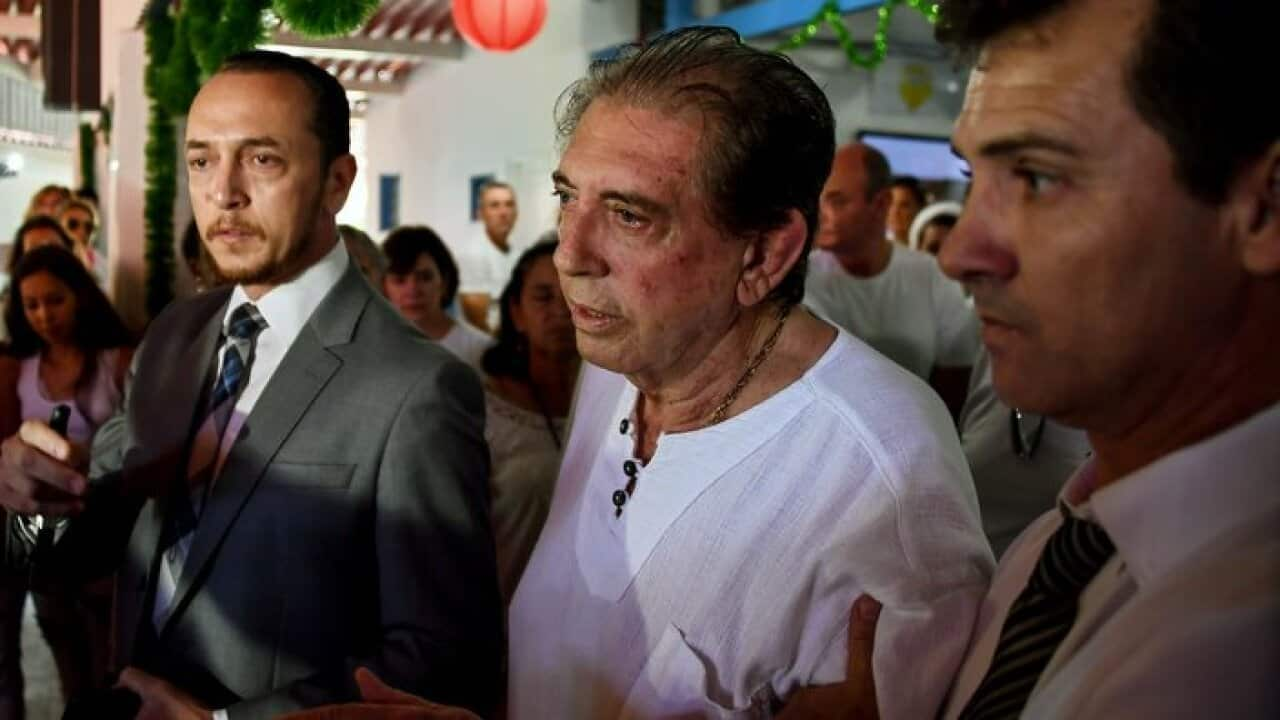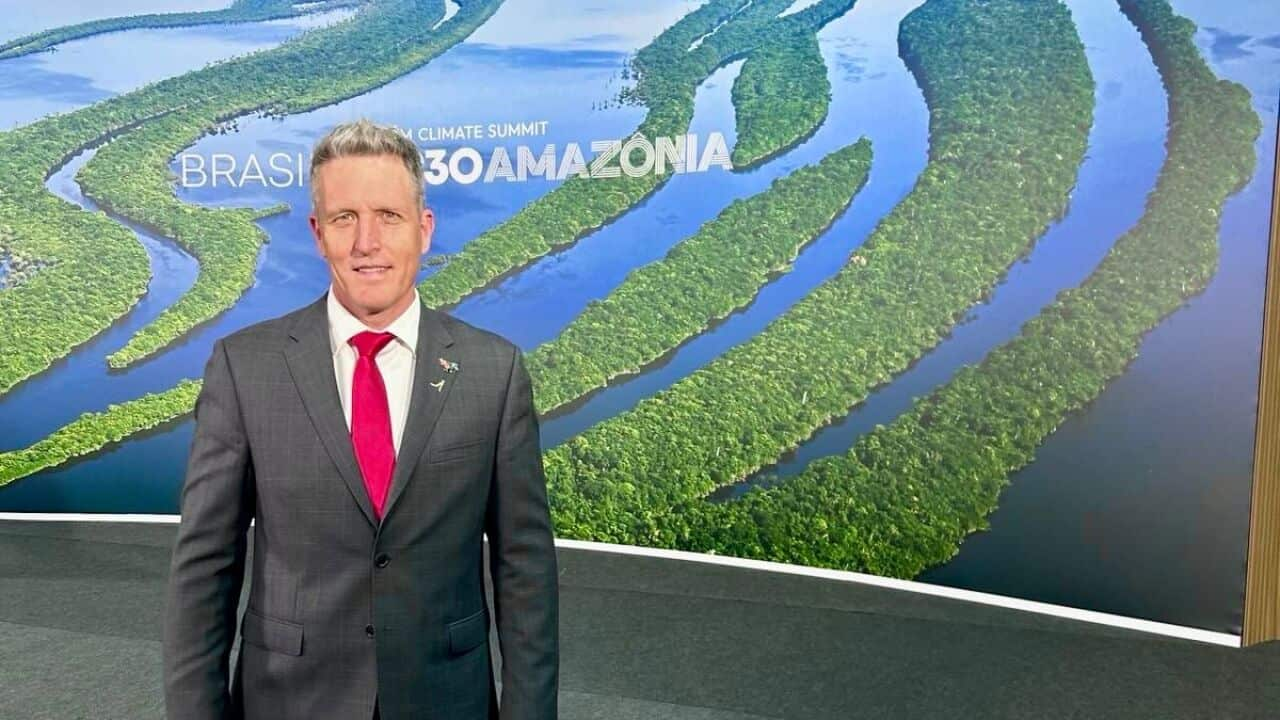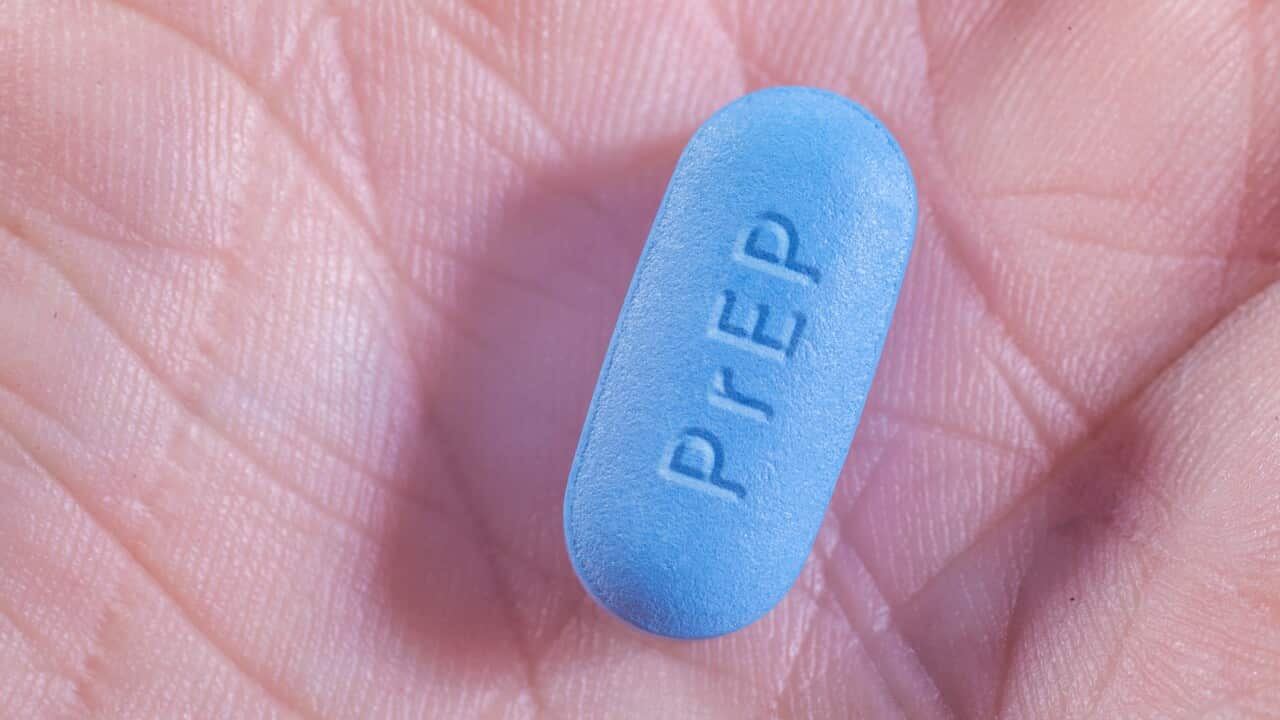Cristina Rocha, who wrote a book about João de Deus and the globalisation of Brazilian rituals of spiritual healing, highlights the new astonishing claims against João de Deus. She also discusses the accusations brought up by activist Sabrina Bittencourt, which are being investigated by the Prosecution Office in São Paulo, Brazil.
Entrevista de 2017 sobre João de Deus:
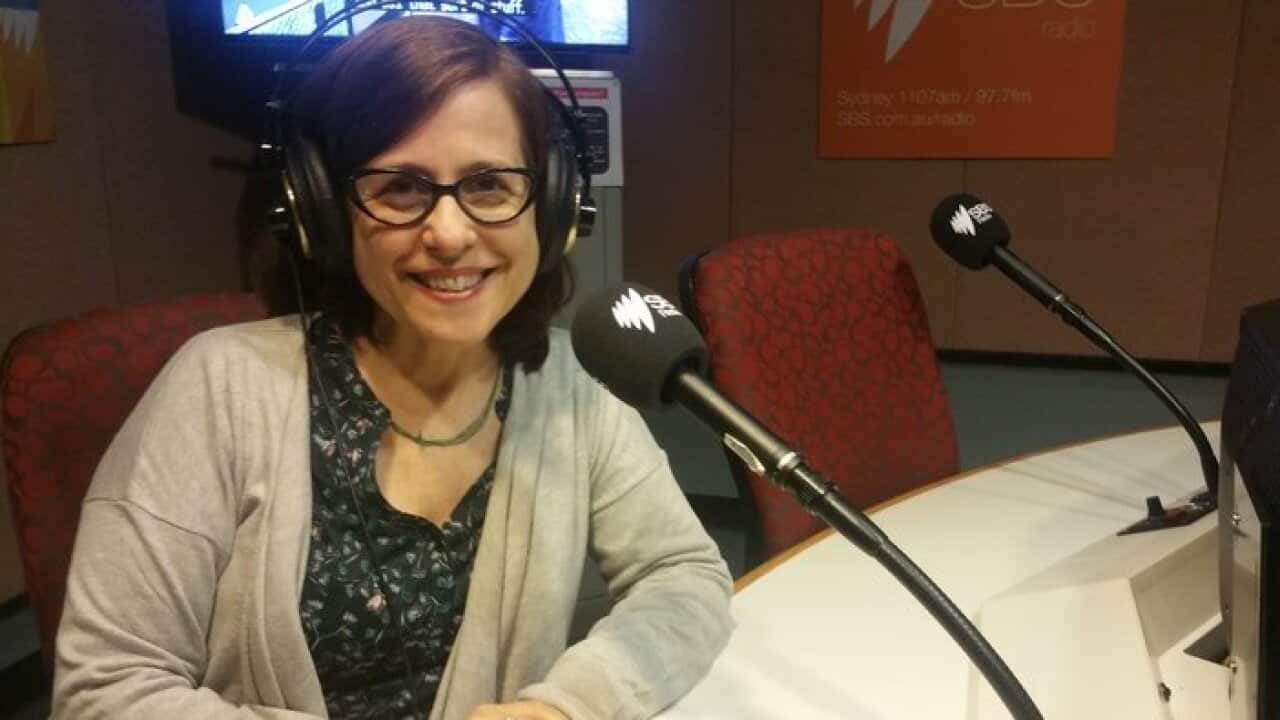
"João de Deus entrou no circuito de gurus espirituais globais"
Cristina Rocha, from the University of Western Sydney, is director of the Centre for Research on Religion and Society and president of the Australian Association for the Study of Religion.
You can listen to the interview given to Beatriz Wagner (in Portuguese) by clicking on the link above or read the full following transcript in English.
What was your first reaction when you heard about the allegations against João de Deus, of sexual abuse and rape of women, illegal possession of weapons, and money kept in vaults at home? Are you surprised?
There are two things to consider. I was not surprised about the accusations of sexual abuse because there were rumours. I heard these rumours when I was working in my research project about the globalisation of John of God and Casa Dom Inacio (the 'spiritual' centre of John of God in Abadiania, Brazil).
In 2006 an agency that would take John of God to Germany every year to host an international ‘healing event’. They cancelled the visit because there was a German woman who had accused João de Deus of abuse.
It was only after a few years that they went back and start bringing him back to Germany. There were many rumours but I never met anyone, I never heard of any real story, as it is happening now.
I was more surprised with the illegal possession of weapons and the money kept in secret coffers.
Australia is one of the countries with strong links with John of God, with branches of the Casa Dom Inacio de Loyola and several agencies taking thousands of Australians to Abadiania in search of the "cure". What was the impact of the sexual scandal and subsequent protective custody of John of God among his followers in Australia?
The impact is still not being felt. As the news come first in Portuguese, foreigners, including Australians, do not read Portuguese. This information has been filtered by the tour guides.
Two things are happening: first is that John of God always said he was not the one who heals, God was. It is also said that there are several other ‘spiritual entities’ in the Casa Dom Inacio.
What his supporters are saying is that even if John of God is imprisoned, people should go to the Casa because the 'healing energy' is there
It is also believed that there is a giant crystal under the Casa that helps the ‘entities’ to have more energy to heal, that it has a healing energy. They still encourage people to go and spend two weeks in the Casa to be cured. They are saying, 'Look, there are these charges, but we have to wait for what the Brazilian justice system says.'
The allegations of child trafficking have only now begun to circulate in the media. But generally the tour guides are still willing to take people to Abadiania in set dates, it's all the same, as previously, before his prison.
[Tour Guide] Peter Waugh, from New Zealand, said he was still taking new groups to Brazil as he always did.
Exactly, Peter Waugh was one of the people I interviewed for my book on John of God and the globalisation of his rituals. He took John of God twice to New Zealand in 2006 and in 2007, he organised very successful events with 4 thousand people a day. For many years he’s been taking New Zealanders and Australians to see John of God. He says that John of God is not there, but that the ‘spiritual entities’ and the ‘energy’ are.
John of God's visits to Australia were also a success despite reports made by the Australian television portraying him as a charlatan.
That's true. In 2014 John of God came to Australia, ran an event at the Olympic Park. As always, he always had the media and doctors accusing him of being a fake, “he is not a doctor, does not have a degree, and has a lot of money”. We are used to these accusations but not to the new accusations that are very serious.
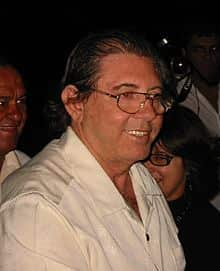
We know that Brazil is a country that still carries, in some parts of society, a slave mentality, in the tradition of Brazilian coronelism and clientelism. Activist Sabrina Bittencourt has brought serious allegations – now being investigated by the Office of Public Prosecutions – of alleged enslavement and murder of women, and even trafficking of babies. It's all so horrible that it's hard to even talk about it. What kind of man would be capable of being involved in such crimes?
We know that central Brazil is a place where the laws are very blurred. We have a tradition of coronelism, of great landowners who 'own' a village, or a city, within their property, and are able to choose the politicians, the mayor, and control the police and the economy.
In Brazil we have two important forces: the coronelism, with the power held by the oligarchs, and the clientelism, which is the relationship between the boss and the employee (a person with power and another person with no power).
The oligarch gives protection and employment to people in exchange for obedience and support.
John of God has this relationship with the small town of Abadiania. I was there during the mayoral elections in 2008 and saw the entire city, taxi drivers, hotels and ‘pousadas’, all with stickers of the candidate endorsed by João de Deus.
Imagine the power that this man has in Abadiania. People depend on him, the local businesses, supermarkets, the entire services sector. He is a person with a lot of power and in a small town in the middle of Brazil where the law is blurred.
To this day we do not know what happened to Marielle Franco, a public figure in Rio de Janeiro, imagine in Abadiania where things are even more opaque. I was very shocked by the allegations, but there seems to be evidence.
John of God is a historic figure, a man in Brazil who is this colonel and who has this relationship of boss-employee with the city’s residents.
We also see this kind of relationship in Umbanda and other various religions, a relationship of patronage: the religious leader 'protects' you against illness, suffering, danger, may even give you a job, and in exchange you obey and serve him.
Activist Sabrina Bittencourt says she will file complaints against 13 other religious leaders in Brazil. In scholarly circles, do you work with the concept of "spiritual predator"?
We do not work with this concept. We work with the idea of charisma, which the spiritual leader has. The charisma places the religious leader above the others. And this charisma can come from his virtue, from being a good person, ethical, worried about the others and who has supernatural powers.
What we saw in Hollywood with Harvey Weinstein's abuse scandals, Kevin Spacey, and here in Australia with Jeffrey Rush and Don Burke, is that there is this balance of power, for instance, a celebrity who has power over someone else’s life, over their profession, and the threat that you can lose your job if you report on it.
You can see this not only in religion in Australia – where we have the Royal Commission into Institutional Responses to Child Sexual Abuse in the Catholic, Anglican religions. We also see this in Buddhism, where a Tibetan leader was accused of abusing women, in the Zen Buddhism where leader Eido Shimano in New York also abused women, his students, for many years.
We have this unbalance of power. One person has a lot of power and the other person has little or no power. And then people, especially women, are afraid to talk because they will lose their jobs.
Until the arrival of the #MeToo movement, the victim was always going to suffer the consequences, because the abuser does not suffer any consequences of his acts. This also happens in sports, with rugby players here in Australia who were accused of abuse but few have suffered the consequences of their acts.
Is the popular characterization of "brainwashing" real? Can you explain why some women come back and are victims on several occasions, why do they blindly believe in their spiritual leader?
'Brainwashing' is something that the media began to talk about in the 1960s, with the growth of religious movements, which were called cults, so the 'person was in a cult and could not get out'.
Our research does not support this. Brainwashing does not exist, what do exist are these charismatic leaders who use religion to get what they want.
They say that [people] who need to heal, if they do not come several times, if they do not do the treatment, they will suffer consequences.
The leader always make people, especially women, believe that they are wrong, that they need to be purified, to be transformed, and they are the guide who will help them to enter the path of spirituality.
But it's important not to think only about women. In the ten years that I attended John of God international events, half of the people attending were men.
To say that women are more susceptible, do not understand, that they are emotional, spiritual… these labels are not supported by our research. John of God sexually abused women, but men and women went to Casa Dom Inacio and were all his followers. I think there is this dependence on the spiritual leader.
Many people do not see that they are being abused and actually start doubting themselves. Psychologists say that the person ‘freezes’, that they try to convince themselves that they are in the wrong, they begin to doubt themselves.
The dynamics of power between these two parties is a key factor.
Definitely, even more so when a person has a spiritual charisma. The spiritual leader is always right, pure. I think that is the biggest difference: the balance of power.
We know that John of God, according to the Brazilian media, was feared in Abadiania.
At the same time he was much loved by the population. Abadiana is a city divided in two, it was a small town 100 km from Brasilia. When they made the road between Brasilia (Brazil’s capital) and Anápolis, the mayor of Abadiana – a very poor city – decided to move it closer to the main road.
So it's almost a planned city, like Brasilia. And the other side of the outskirts of the city is where the Casa Dom Inacio is located. The Casa is the flagship Abadiania’s economy. People who depend on John of God, still support him, but I imagine he was always very feared as he had a lot of power.
The Brazilian Prosecutor’s Office said it had received reports of three women in Australia who allegedly have been sexually abused by John of God, there is also an alleged suicide case, and of a woman who was involved with adoption of babies in Brazil. Are you aware of any of these accusations?
No. The accusations I heard were from Germany, not from Australia. I'm following everything through the media. I do not know these women or the woman who says she adopted a baby and does not want to give her name because she does not want to lose her son, and this is very complicated because the child has been here for a long time, I guess.
Professor Cristina, you are one of the greatest experts in religion in Australia. How can someone who believes in the powers of John of God be able to reconcile the two faces of his spiritual leader, supposedly a good man, with appalling revelations about the alleged crimes?
What I have seen is that it is important to differentiate man from 'spiritual entity'.
This has always happened in my fieldwork, we see man as fallible. John of God is a man who may have been carried away by his desires and may be violent, but the 'entity' is an entity of light, so when he channels the entity’s spirit, he becomes an entity of light, we call 'the entity'.
When he is not ‘channelling’, you see João de Deus walking around with his 4x4 in Abadiania, full of gold around his neck and speaking a Portuguese from the country side of Brazil.
